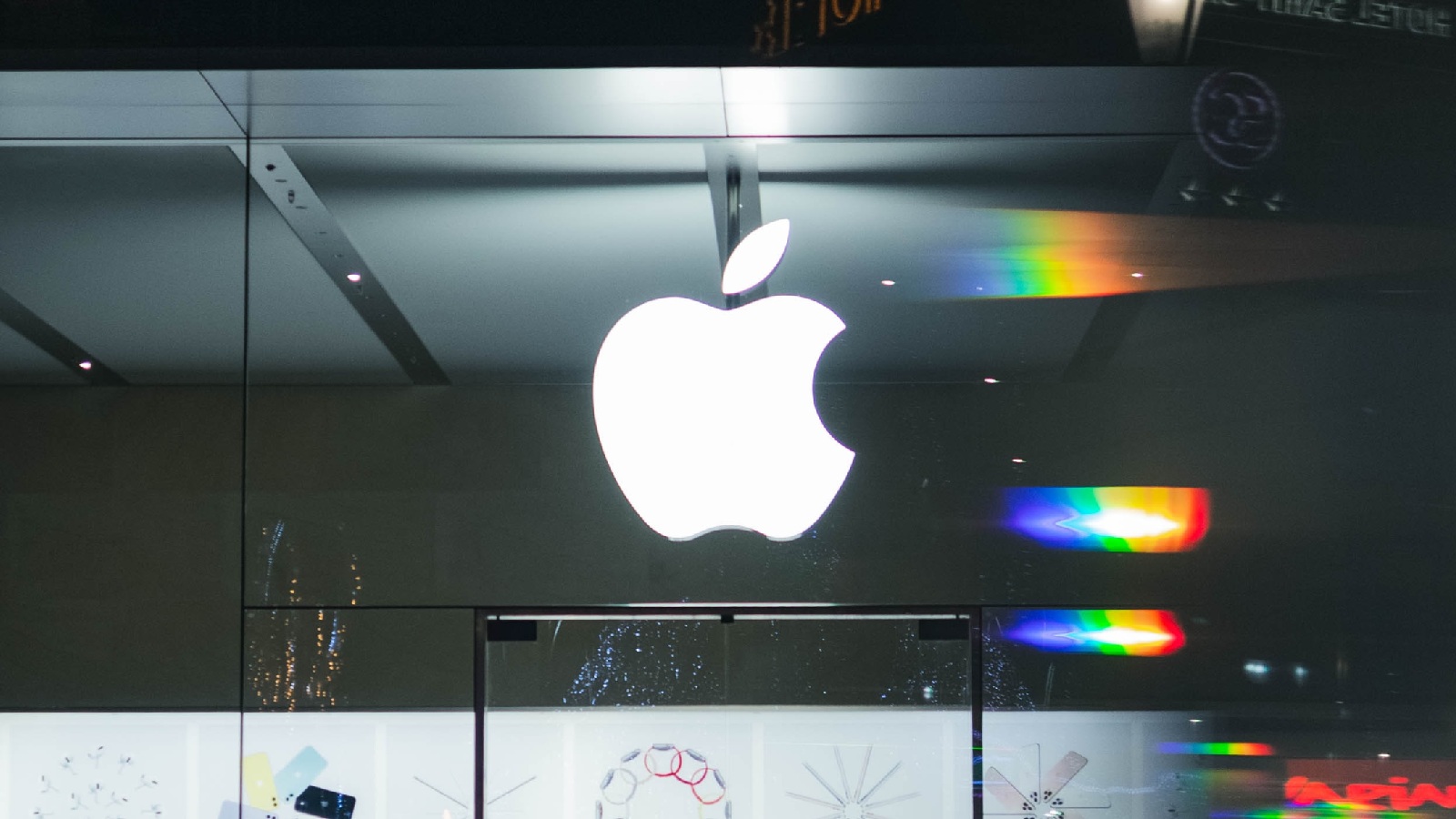
Apple says that more than 215,000 iOS apps were blocked by its App Store's App Review team for privacy violations in 2020, while another 150,00 were rejected because they were spamming or misleading iOS users.
The company also blocked 48,000 applications from being published on the App Store due to using undocumented or having hidden features.
Ninety-five thousand additional apps were also removed from the App Store for using bait-and-switch tactics where new features and capabilities were added to fundamentally change their functionality after being approved.
In total, during 2020, almost 1 million problematic new apps and nearly 1 million app updates were removed or rejected by the App Review team — described as "an essential line of defense" — for various reasons and blocked from landing on the App Store.
"In just the last few months, for example, Apple has rejected or removed apps that switched functionality after initial review to become real-money gambling apps, predatory loan issuers, and pornography hubs; used in-game signals to facilitate drug purchasing; and rewarded users for broadcasting illicit and pornographic content via video chat," the company said earlier this week.
Apple: $1.5 billion in fraud prevented in a year
Apple also says that it could protect its customers from $1.5 billion in potentially fraudulent transactions throughout 2020.
It also prevented the use of over 3 million stolen cards on Apple's online store platforms and banned roughly 1 million accounts from ever making transactions again.
"Financial information and transactions are some of the most sensitive data that users share online. Apple has invested significant resources in building more secure payment technologies like Apple Pay and StoreKit, which are used by more than 900,000 apps to sell goods and services on the App Store," Apple added.
"For example, with Apple Pay, credit card numbers are never shared with merchants — eliminating a risk factor in the payment transaction process."
Likely a response to Epic Games lawsuit claims
While Apple hasn't exactly revealed the reason behind unveiling last year's fraud prevention efforts, the timing suggests that it is linked to its ongoing Epic Games lawsuit.
The lawsuit was sparked by Apple removing Fortnite from the App Store in August 2020 after it was 'upgraded' with its own in-app payment system, designed to circumvent Apple's standard 30% fee of all App Store transactions.
The presser was most likely issued to shed light on how its payment protection and App Review systems are defending customers and not stifling competition, as Epic Games said in court documents [PDF] filed last year.
Epic Games has filed legal papers in response to Apple, read more here: https://t.co/c4sgvxQUvb
— Fortnite (@FortniteGame) August 13, 2020
In the antitrust suit filed against Apple, Epic Games is not seeking any damages but only injunctive relief to force Apple to "allow fair competition" on the App Store.



Post a Comment Community Rules
You need to login in order to post a comment
Not a member yet? Register Now